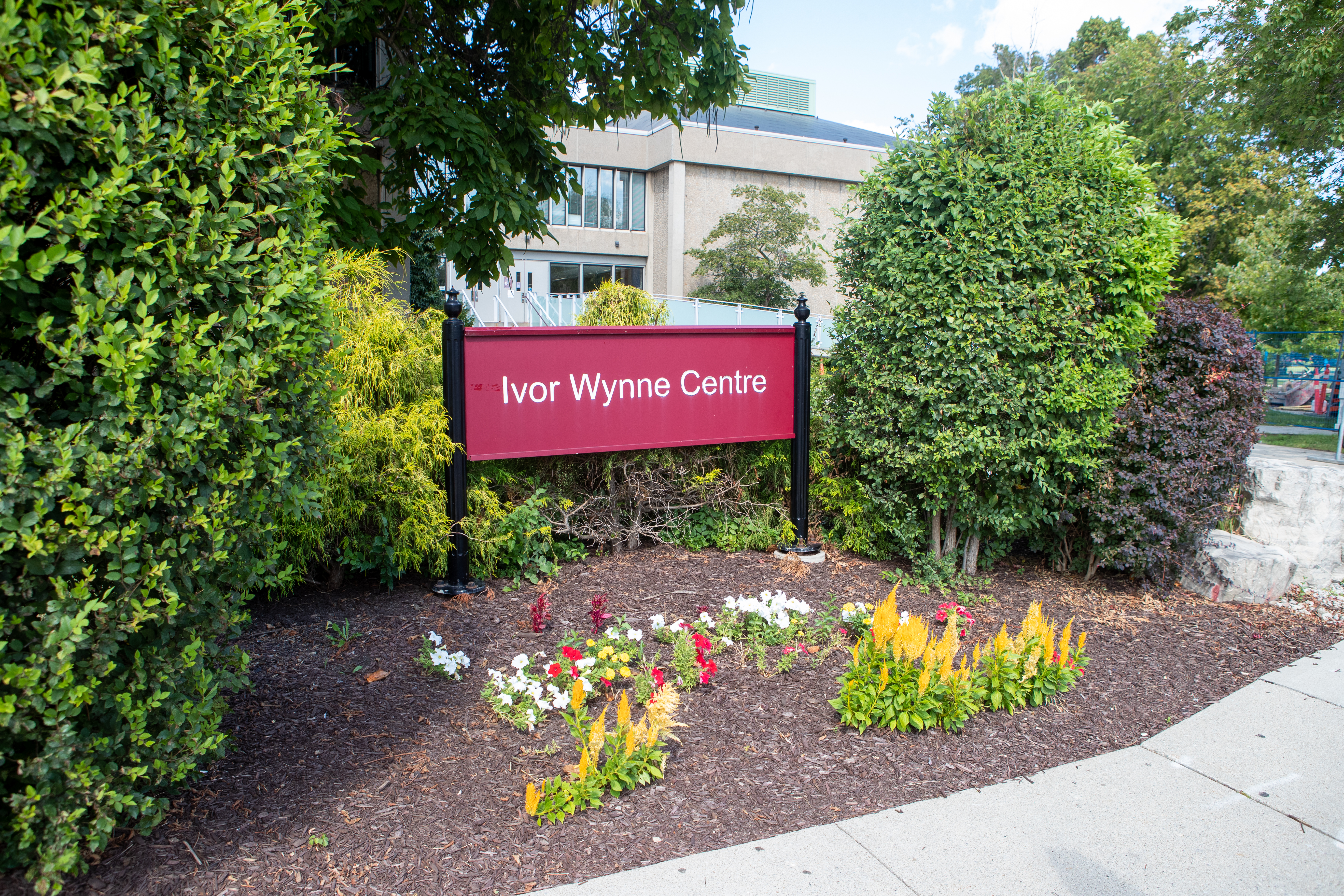Facilities
Information Box Group
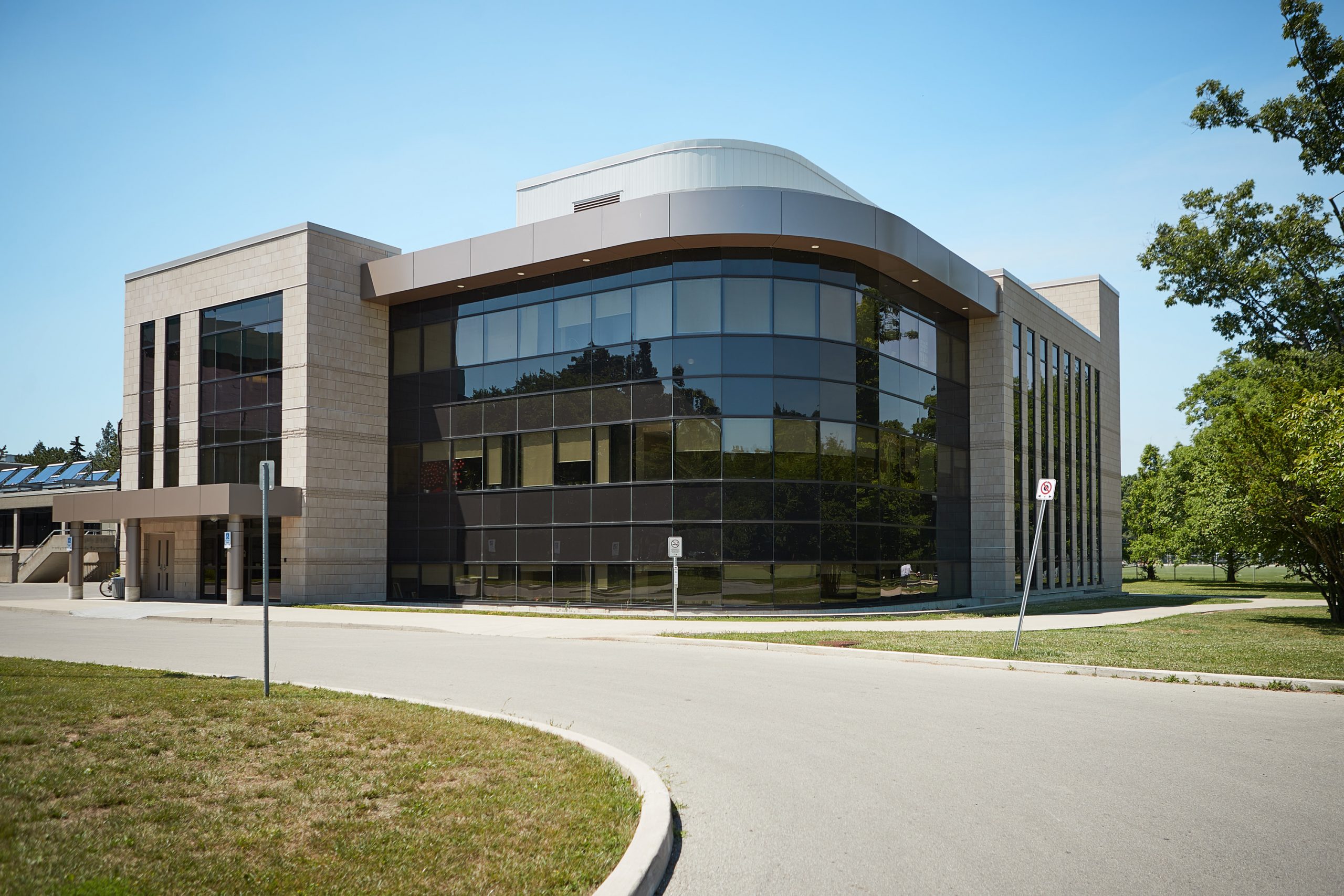
Discover our accessible facilities
PACE is based in the Department of Kinesiology, located within the Ivor Wynne Centre in a custom-designed space at McMaster University.
Home to state-of-the-art exercise rehabilitation facilities and labs, where research initiatives are supported by talented and internationally renowned faculty who work together to study and enhance the benefits of exercise for older adults and people living with chronic health conditions or disability.
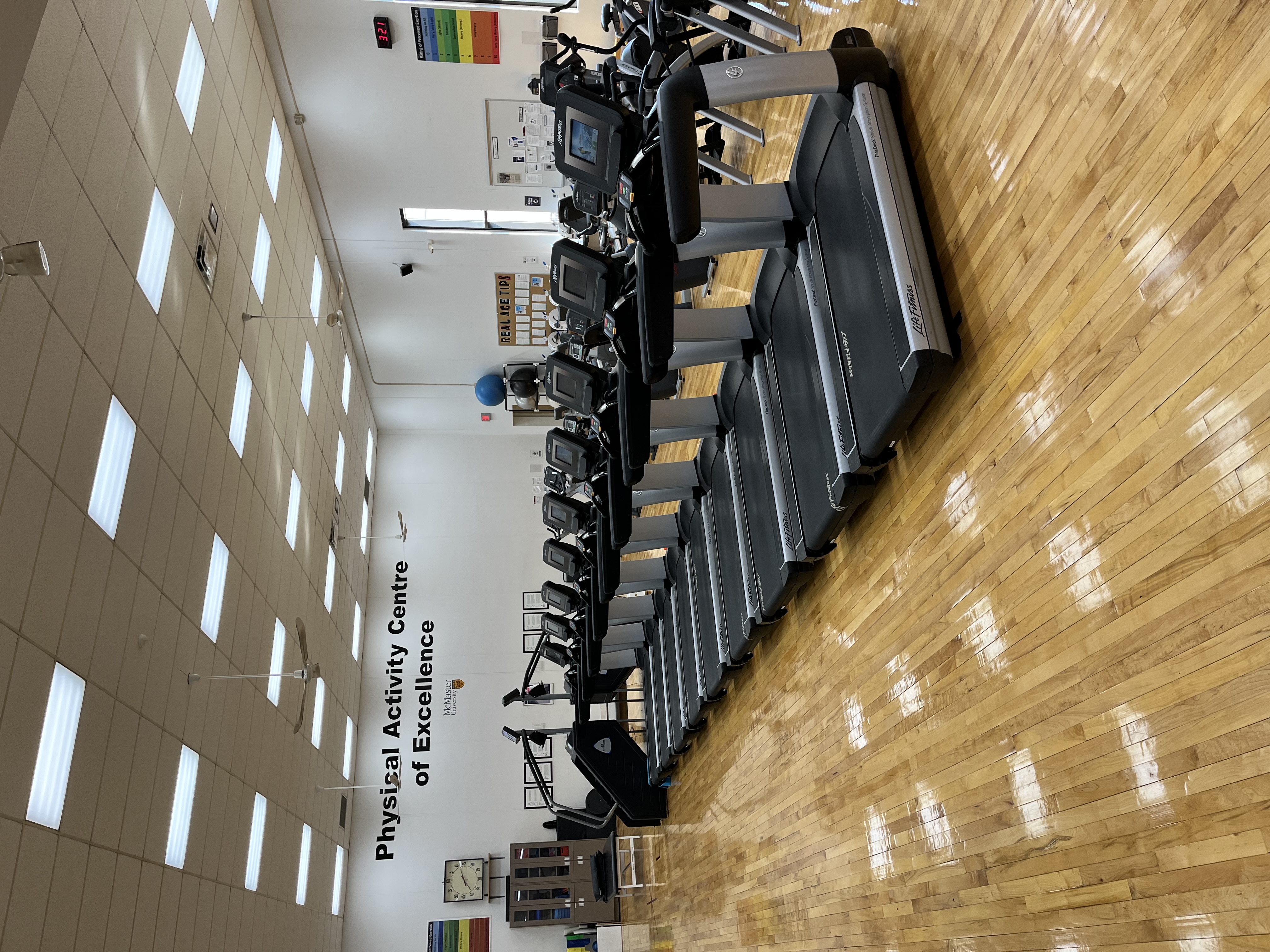
Main Gym
Our 4,000 square foot gym features more than 50 pieces of exercise training equipment, including treadmills, stair-climbers, arm ergometers, recumbent stationary bicycles, upright stationary bicycles, accessible step-through bicycles, arc trainers, and nu-steps. State-of-the-art strength training equipment includes motion-guided circuit machines and accessible Kinesis pulley systems from Technogym, as well as free weights, resistance bands, and raised exercise mats. Functional balance training equipment includes agility ladders, step-risers, stability balls, and balance discs.
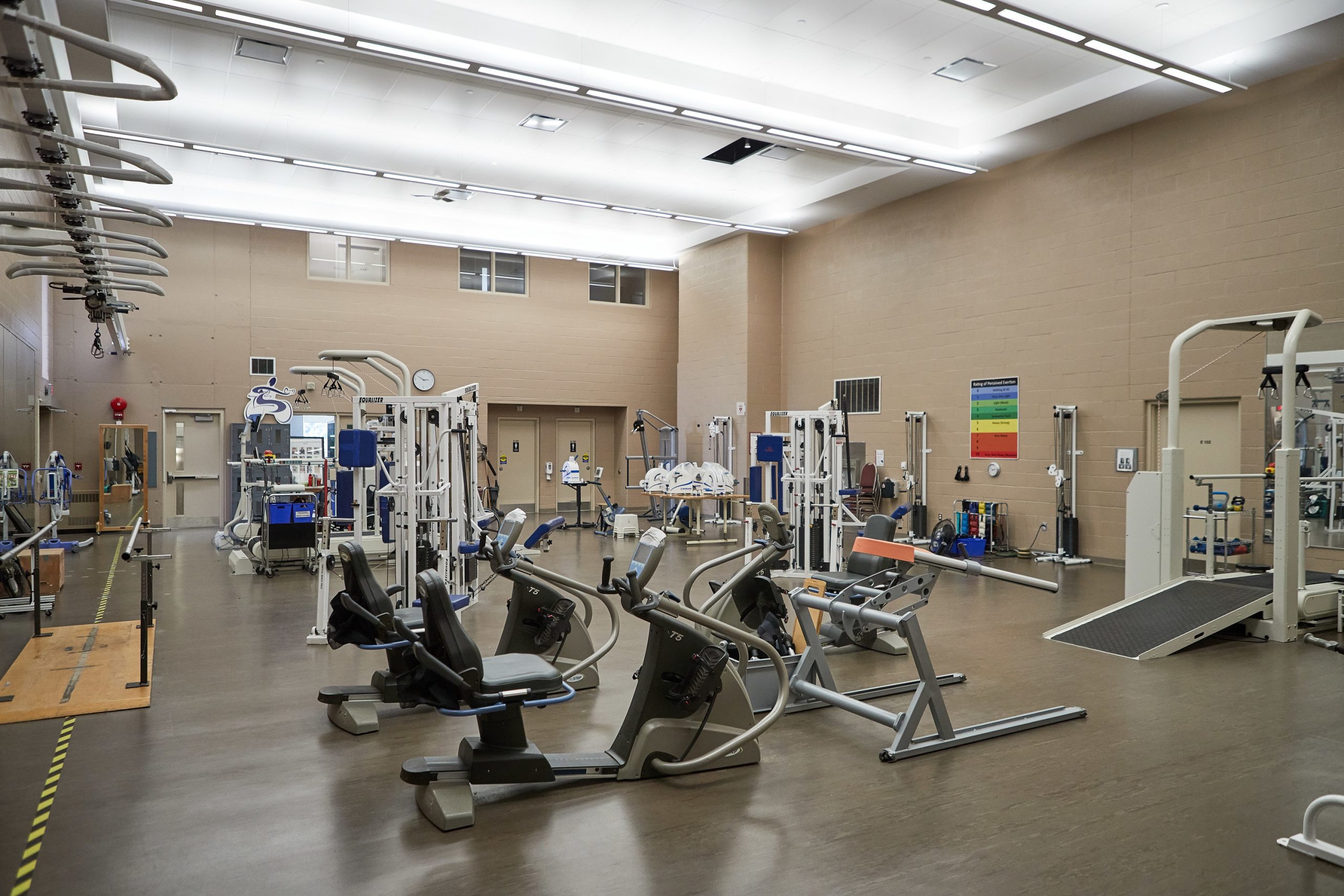
Neuro Gym
Our Neuro Gym is designed specifically for adults with spinal cord injuries, multiple sclerosis, and other neurological conditions. The Robert Fitzhenry Specialized Rehabilitation and Exercise Lab features aerobic and strength-training exercise equipment that is fully wheelchair-accessible including: arm ergometers, an arm glider, arm-leg recumbent steppers (NuStep), upper- and lower-body exercise bikes with dependent cranks that enable passive assistance (Thera Trainer), free weights, wall-mounted pulley systems, resistance bands, sit-to-stand trainers, and fully accessible strength-training stations. PACE is the only centre in Canada with a body-weight support treadmill, a Lokomat® for automated gait retraining, as well as a ZeroG™ system that provides body weight support while participants practice walking and balancing.
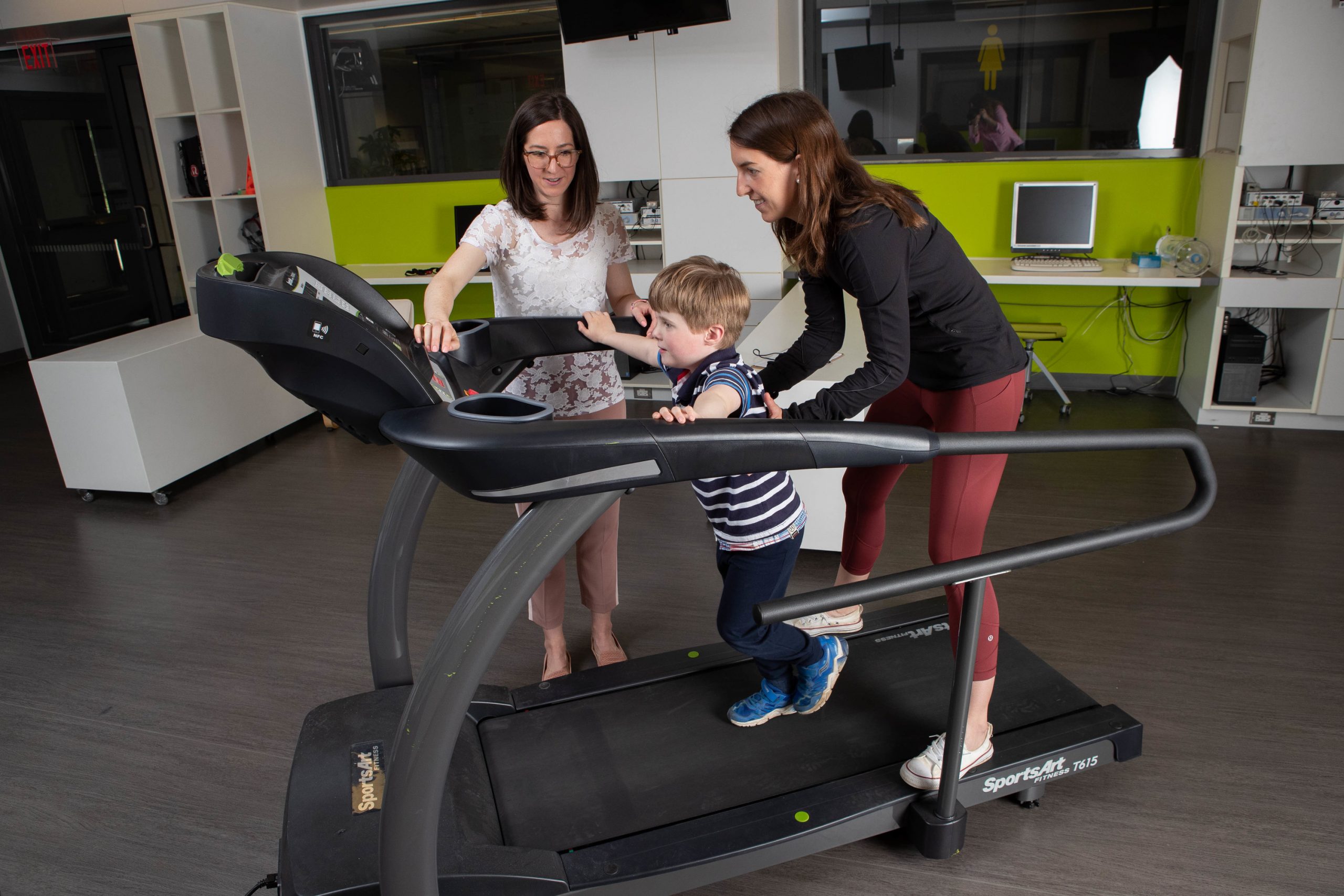
Research Labs
PACE has research labs where community members participate in studies run by exercise physiologists, neuroscientists, and exercise psychologists. These research studies advance scientific discoveries and knowledge about the benefits of exercise for people living with chronic health conditions and disability. Our labs include the McCall MacBain Foundation Neurophysiology (NeuroFit Lab), the Vascular Dynamics Lab, the Molecular Exercise Physiology & Muscle Aging Lab, the Protein Metabolism Research Lab, the Integrative Neuromuscular Biology Lab, and the Human Performance Lab.


